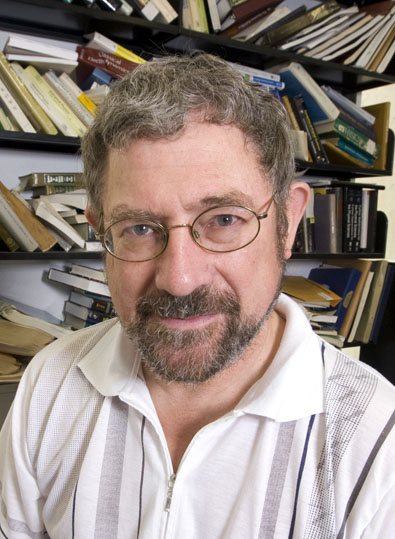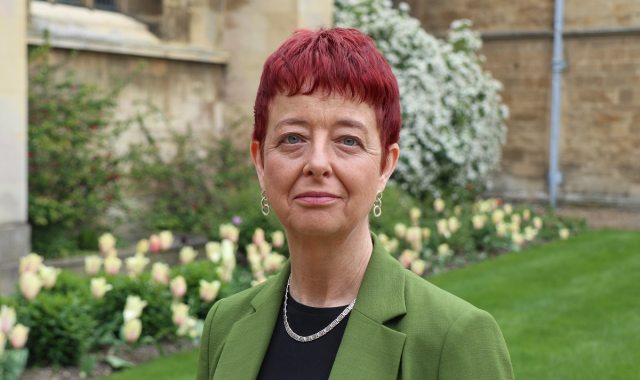Caian wins Nobel Prize for Physics 2016
- 04 October 2016
- 2 minutes
 Michael Kosterlitz, an alumnus of Gonville & Caius, was today awarded the Nobel Prize for Physics 2016, together with two fellow Cambridge alumni.
Michael Kosterlitz, an alumnus of Gonville & Caius, was today awarded the Nobel Prize for Physics 2016, together with two fellow Cambridge alumni.
Professor Kosterlitz and colleagues David Thouless (Trinity Hall) and Duncan Haldane (Christ’s) discovered unexpected behaviours of solid materials - and devised a mathematical framework to explain their properties. The discoveries have paved the way for designing new materials with an array of unique properties.
The trio become the 93rd, 94th and 95th Nobel Affiliate of Cambridge to be awarded a Nobel Prize. Professor Kosterlitz is the 14th Caian Nobel Laureate - an astonishing total.
 The Master of Caius, Professor Sir Alan Fersht, today warmly congratulated Prof Kosterlitz, who was his exact contemporary at Caius, coming up to Cambridge to read Natural Sciences in 1962. "This is fantastic news," Sir Alan said. "Mike was obviously an exceptionally clever guy. We went to physics lectures together in our first year, and he continued to specialise in physics in the second year while I specialised in chemistry. He was a very good physicist, and moved from the UK to America fairly rapidly."
The Master of Caius, Professor Sir Alan Fersht, today warmly congratulated Prof Kosterlitz, who was his exact contemporary at Caius, coming up to Cambridge to read Natural Sciences in 1962. "This is fantastic news," Sir Alan said. "Mike was obviously an exceptionally clever guy. We went to physics lectures together in our first year, and he continued to specialise in physics in the second year while I specialised in chemistry. He was a very good physicist, and moved from the UK to America fairly rapidly."
While Prof Kosterlitz, now a Professor of Physics at Brown University in the US, loved his subject, his other passion was climbing, Prof Fersht reveals. "He was an absolutely mad climber - he disappeared every weekend to go mountain climbing in the Peak District. He lived on Tree Court, and he built a traverse around the room where he would climb using his fingers and hanging on to the picture rail." Prof Kosterlitz returned to Caius on a visit last year, attending the Annual Gathering on 30 June 2015.
A native of Aberdeen - where he gained his love of mountains - Prof Kosterlitz was born to German Jewish emigres. His father was the pioneering biochemist Hans Walter Kosterlitz. He conducts research in condensed matter theory, one- and two-dimensional physics; in phase transitions: random systems, electron localization, and spin glasses; and in critical dynamics: melting and freezing.
Prof Kosterlitz heard the news of his win in an underground car park in Helsinki, Finland, where he is currently a visiting professor at Aalto University. Answering a call from Adam Smith, a journalist working for the Nobel Foundation, his first words were: "Jesus. That's incredible. That's amazing."
Later he told the the Associated Press news agency that he was "young and stupid" when he took part in the research that earned him and two colleagues the prestigious award. "It was a piece of work that I did as a very ignorant post-doc. Complete ignorance was actually an advantage because I didn't have any preconceived ideas. I was young and stupid enough to take it on.
"I'm a little bit dazzled. I'm still trying to take it in."


